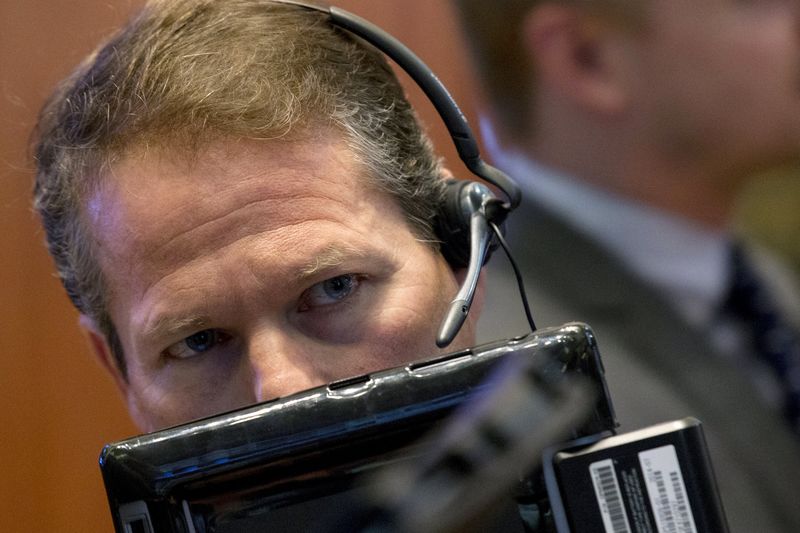After Canopy Growth’s (TSX:WEED)(NYSE:CGC) shocking fiscal fourth-quarter 2019 results, CannTrust’s regulatory breaches and allegations of fraud at Aphria toward the end of 2018, investors are becoming increasingly fearful that cannabis companies can’t live up to their hype. This growing uncertainty has seen the market sharply punish marijuana stocks in recent weeks.
While Canopy is still up by 25% since the start of 2019 and Aphria has gained a modest 4%, CannTrust plunged by almost 39%.
Market is smaller than anticipated A major fear is that the global legal marijuana market may not be as large as analysts and industry insiders claim. In September 2018, Barclays (LON:BARC) estimated that the global cannabis market was worth US$150 million, while the UN believes that around 4% of the global adult population consume cannabis.
Forecasts regarding the legal cannabis market’s value vary widely. Some analysts claim that global legal cannabis sales for recreational and medical applications could be as much as US$272 billion by 2028, while others assert it could be as low as US$30 billion.
New York investment bank Jeffries Group believes that by 2029, world legal marijuana sales could be worth US$130 billion, with the U.S. market valued at US$50 billion, making it the largest jurisdiction globally.
There are a range of reasons for these highly variable figures; the key among them being that the legalization of marijuana across various countries may not proceed as rapidly as analysts and industry insiders believe.
There is still a considerable social stigma attached to the use of marijuana, which has been demonized for decades. It is still classified by the U.S. federal government as a schedule 1 drug, meaning that there is no recognized medical use and a high potential for abuse.
This stigma, combined with the U.S. federal government having spent billions on the “war on drugs” for over five decades, means that there is still considerable opposition to legalizing recreational consumption. The anti-legalization lobby in the U.S. and many other nations is expanding.
Medical professionals, law enforcement officials and politicians point to the increased hospital admissions and motor vehicle accidents that have resulted in jurisdictions such as Colorado, where recreational consumption has been legalized.
Members of these groups claim that by commercializing social consumption the wrong incentive is being created for cannabis cultivators, which are motivated by profits rather than users’ well-being, which will lead to a similar situation where liquor and tobacco companies heavily promoted consumption of their products with little to no regard for the consumer’s health.
Tight regulations governing the development and sale of pharmaceuticals means that significant lead time is required to introduce new clinical applications, slowing down the uptake of healthcare products based on cannabis.
These issues weigh on legislators globally, lessening the likelihood of any worldwide trend to legalize the recreational consumption of marijuana.
This doesn’t bode well for cultivators’ ability to close the massive gap between valuations and sales, explaining Constellation Brand’s concern after committing US$4 billion to Canopy.
Nonetheless, it is Canopy, because of the global scale of its operations as well as large number of pending and approved patents, which is most likely to prevail even if marijuana legalization doesn’t proceed as anticipated. Canopy is in the enviable position of being able to use its considerable liquidity and Constellation’s financial backing to acquire smaller players and consolidate its hold on legal marijuana markets.
Even if the global legal cannabis market doesn’t expand as expected, Canopy has the financial might to grow its market share by purchasing smaller cultivators in those jurisdictions where consumption is legal.
After reporting that its fiscal 2019 gross margin of 39% was less than half of the 85% announced a year earlier and a shock $670 million loss, Canopy clearly needs to focus on not only boosting sales, but also by reducing costs. The cultivator is doing this by expanding its production and processing operations in Colombia, one of the lowest cost jurisdictions for cultivation globally.
Foolish takeaway While many pundits are concerned by Canopy’s fiscal 2019 results and high inventory production costs of $7.21 per gram sold, its combination of scale, global reach and considerable capital makes it the best positioned to succeed.
Fool contributor Matt Smith has no position in any of the stocks mentioned.
The Motley Fool’s purpose is to help the world invest, better. Click here now for your free subscription to Take Stock, The Motley Fool Canada’s free investing newsletter. Packed with stock ideas and investing advice, it is essential reading for anyone looking to build and grow their wealth in the years ahead. Motley Fool Canada 2019
